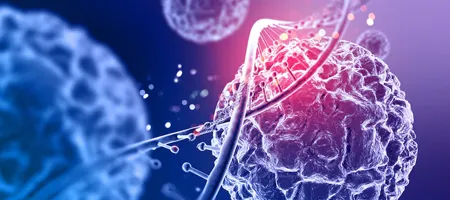- Email: [email protected]
- Contact: +1 (407)581-9000
Treatment Types
Stay informed about the full spectrum of cancer treatments—from surgery, chemotherapy, and radiation to emerging therapies and clinical trials. Our resources aim to demystify treatment options and help you make informed decisions tailored to your needs.
CancerGuru
Treatment
Gist on Treatment Plans
Cancer treatment represents a critical phase in the journey for those diagnosed, and we provide comprehensive insights into the options available. Treatment plans are highly individualized, depending on the cancer’s type, stage, and the patient’s overall health. These options include surgery, radiation therapy, chemotherapy, immunotherapy, and targeted therapy, each designed to combat cancer cells while aiming to preserve quality of life.

Surgery Options
Surgery is often the first line of defense for solid tumors, such as breast or prostate cancer, aiming to remove the cancerous mass entirely. Research notes that in 2023, approximately 60% of early-stage cancer patients underwent surgical intervention as part of their treatment.

Radiation Therapy
Radiation therapy uses high-energy rays to target and destroy cancer cells, often employed post-surgery or for inoperable tumors.

Chemotherapy
Chemotherapy, a systemic approach, delivers drugs throughout the body to kill rapidly dividing cells, commonly used for cancers like leukemia. Over 1 million chemotherapy sessions occur annually in the US, reflecting its widespread application.

Immunotherapy
Immunotherapy, a newer frontier, boosts the immune system to fight cancer—drugs like pembrolizumab have shown success in melanoma cases, offering hope to our community.

Targeted Therapy
Targeted therapy attacks specific molecular features of cancer cells, minimizing harm to healthy tissues, with treatments like trastuzumab transforming outcomes for HER2-positive breast cancer patients.

Cost-Benefit Analysis
Treatment decisions involve balancing benefits and side effects, such as fatigue or nausea, which we can help users anticipate through detailed, informed content. Advances continue to improve efficacy; a 33% decline took place in cancer mortality since 1991, partly due to refined therapies.

